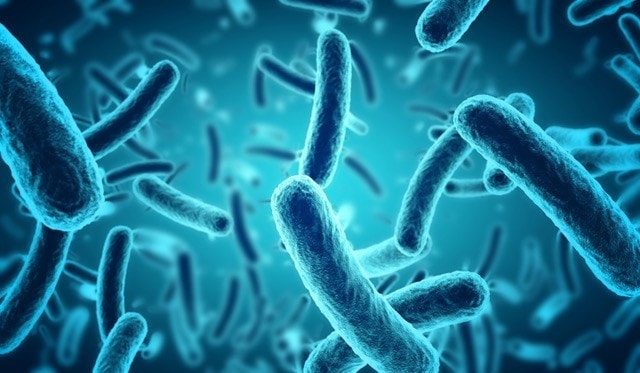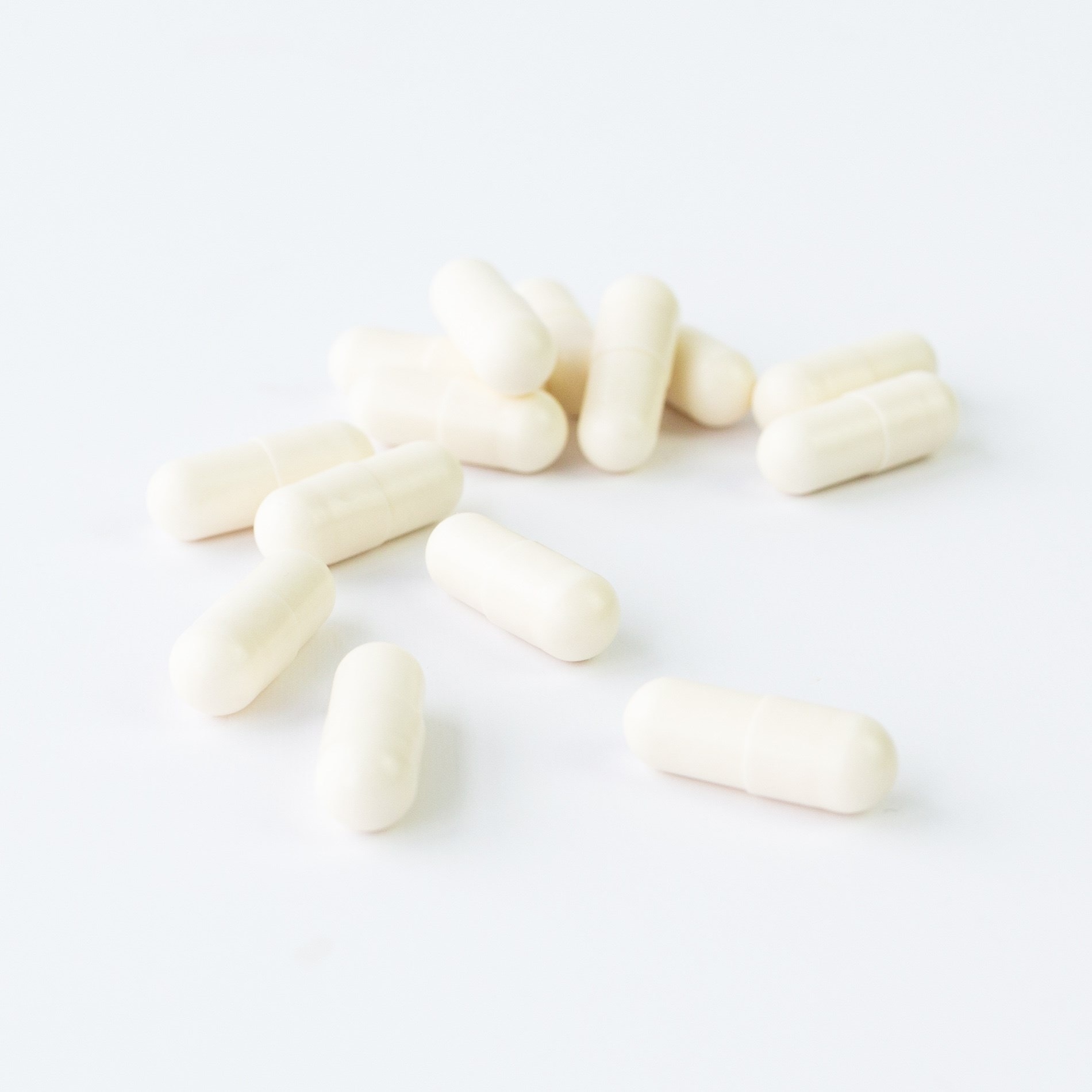Gut Bacteria's Key Role in Immune Function
New research has found that immune dysfunction, which can cause autoimmune disease, clinical depression and obesity, may be a result of a failure to communicate between gut bacteria and other immune cells. Dr Natalia Shulzhenko, author of the report in Clinical Reviews in Allergy and Immunology, says, “Our intestines contain more immune cells than the entire rest of our body….the human gut plays a huge role in immune function”. The report states we typically understand that the role of the human gut is to simply carry out digestion, but research teaches us that gut bacteria carries out a signficant role in our immune system.

The supporting evidence for this emerging theory of disease is a disruption in the “crosstalk” between human gut bacteria and immune cells, as well as other cells involved in metabolic processes. In a healthy individual, gut bacteria stimulates the immune system, which essentially talks back in return. However an imbalance in the gut microbiota (visit the Probiotics Learning Lab for more) caused by modern lifestyles, overuse of antibiotics and poor diet can disrupt the “conversation” between these cells leading to a break down in communication. The study emphasised that our keen use of antibacterial cleansers and desire for germ free lifestyles may be contributing to this breakdown, and that we may need to re-educate ourselves that germs are not always bad. A fellow nutritional therapist, Nicola Shubrook, recently wrote an interesting piece about digestion and being ‘overly clean’
Increasing research is being carried out in this field of 'genomic sequencing', exploring the surprising significance of gut bacteria communication with a link to a number of diseases, such as coeliac disease and inflammatory bowel disease (IBD).

The new report also determines that a dysfunction in human gut flora (find out more in the Probiotics Learning Lab) can result in diarrhoea and malabsorption which affects many children worldwide; conditions that prove to be not easily remedied by nutrition alone. It also indicated that a high fat diet can cause gut bacteria to adapt accordingly and develop a preference for these types of foods, leading to increased fat absorption and weight gain. A dysfunction in gut bacteria may also lead to the chronic inflammation which contributes to most high risk diseases, such as cancer, heart disease and diabetes.
Shenko believes that understanding the process of these diseases is the first step in addressing them, which creates “an exciting target for therapeutic interventions”. When researchers have a clearer understanding of what constitutes healthy gut bacteria, they may be able to develop targeted therapies using specific bacteria to restore the balance.
You can read more about the effect of gut bacteria on immunity.
References
- Oregon State University. (2013, September 16). Gut microbes closely linked to proper immune function, other health issues. ScienceDaily. Retrieved 17 September, 2013 from www.sciencedaily.com/releases/2013/09/130916122214.htm
Popular Articles
View all General Health articles-
General Health17 Mar 2023
-
General Health12 Feb 2024


